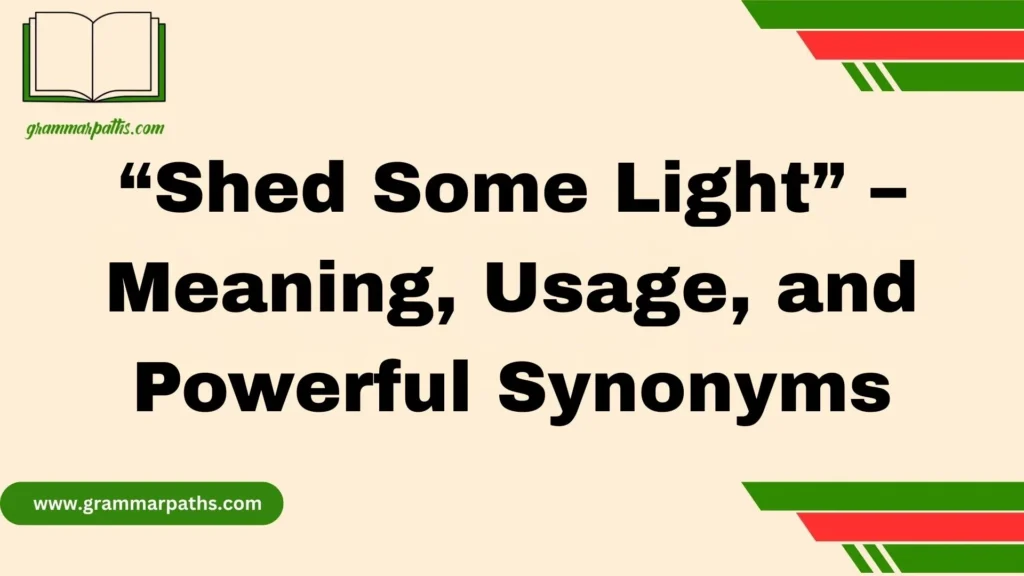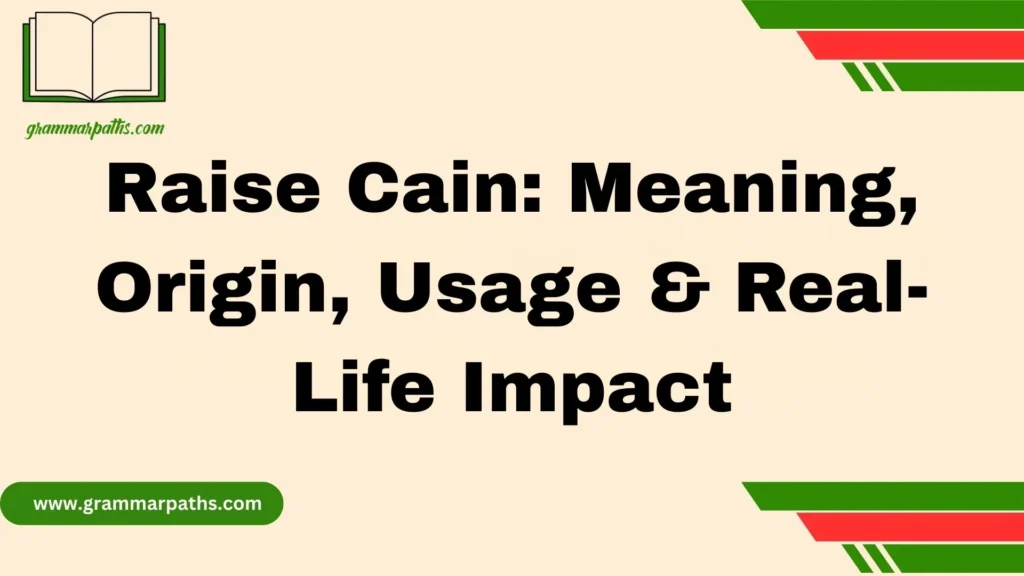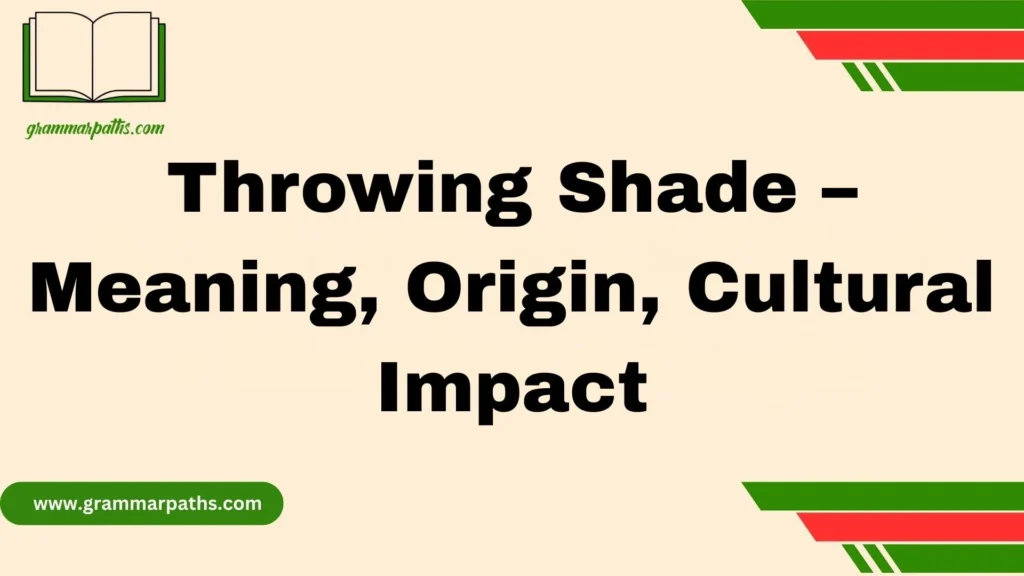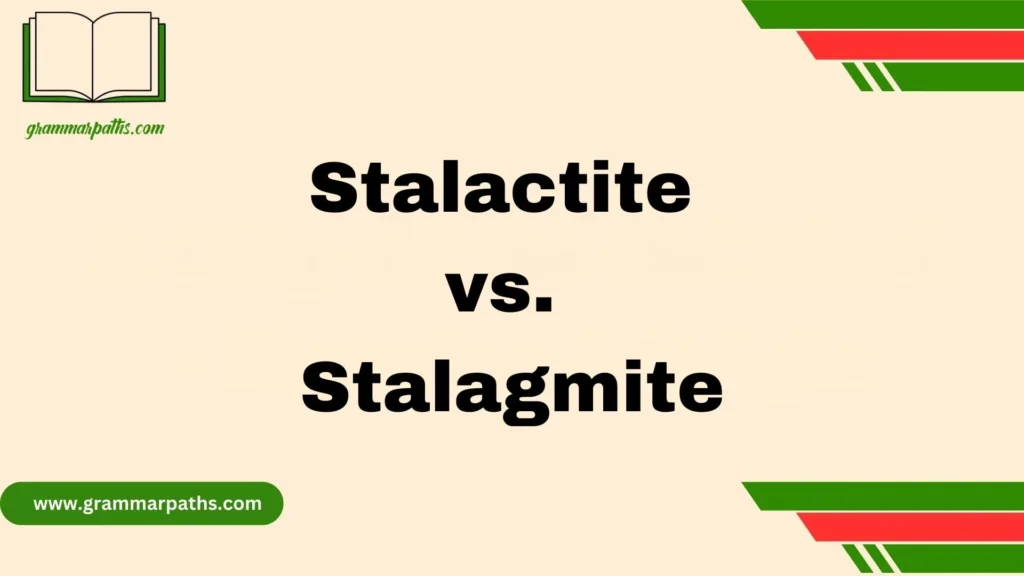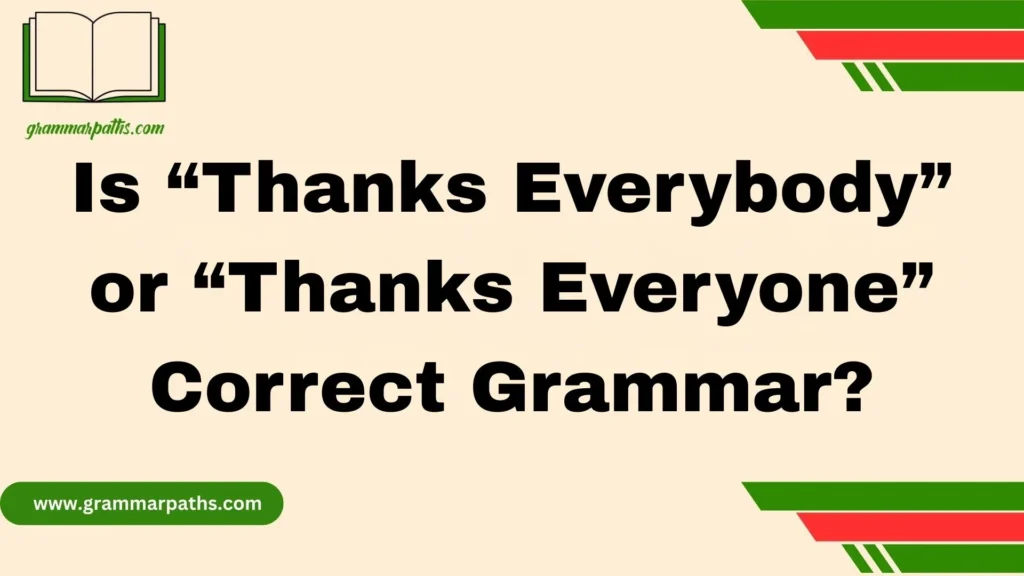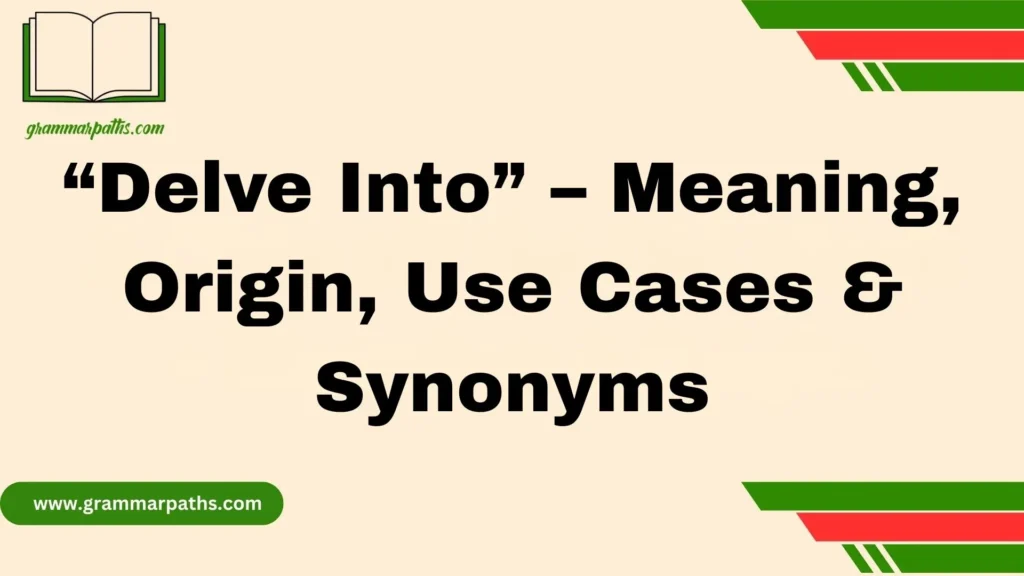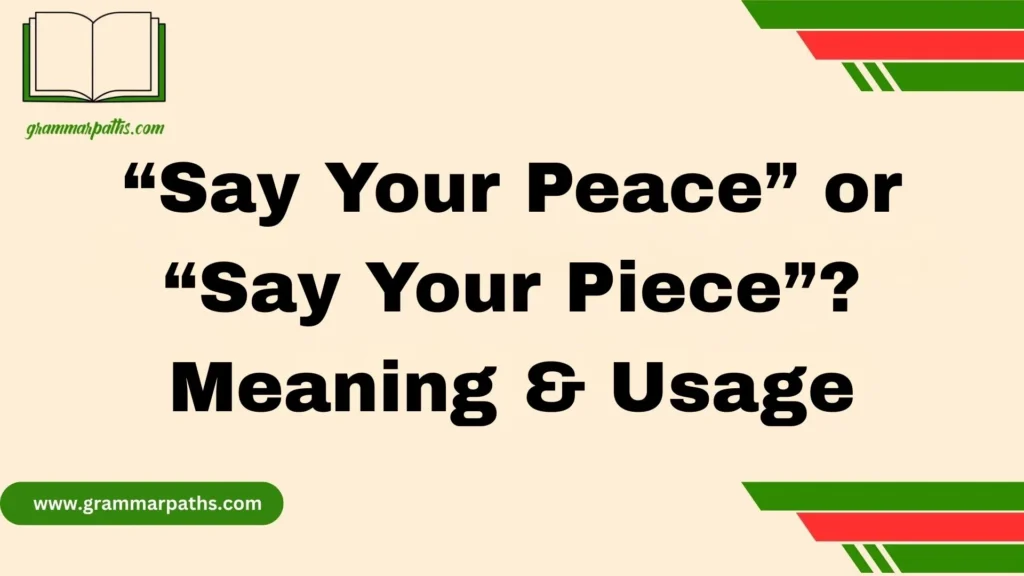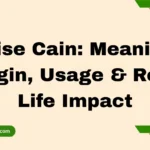If She Was or If She Were? A Grammar Guide to Getting It Right:

Many English learners wonder whether to say “if she was” or “if she were”—and the answer depends on the grammar ...
Read more
Proved or Proven: Understanding the Real Difference
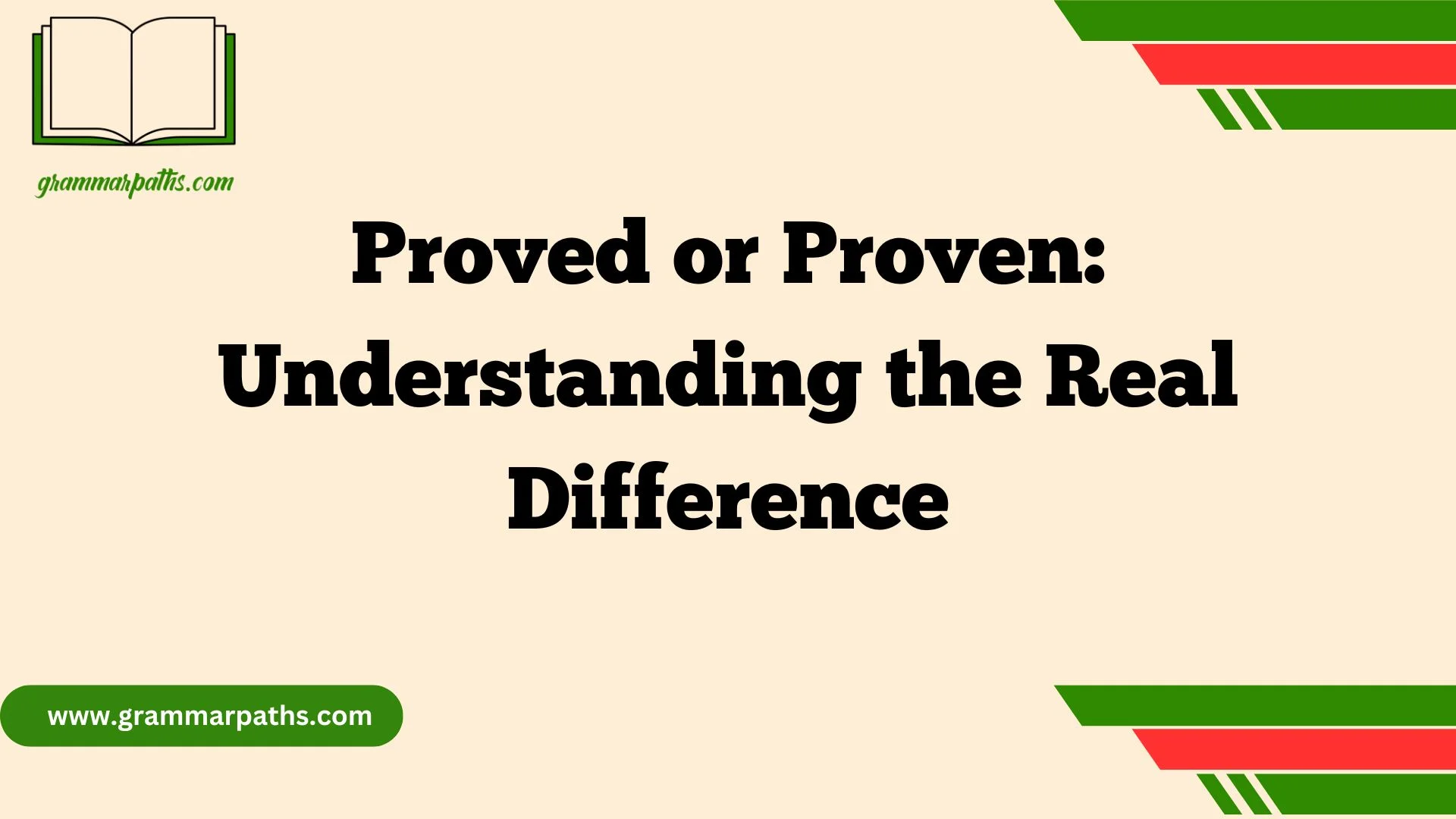
Many people get confused between “proved” or “proven”, especially when writing in English. Both are the past participles of “prove”, ...
Read more
Gases or Gasses: What’s the Real Difference?
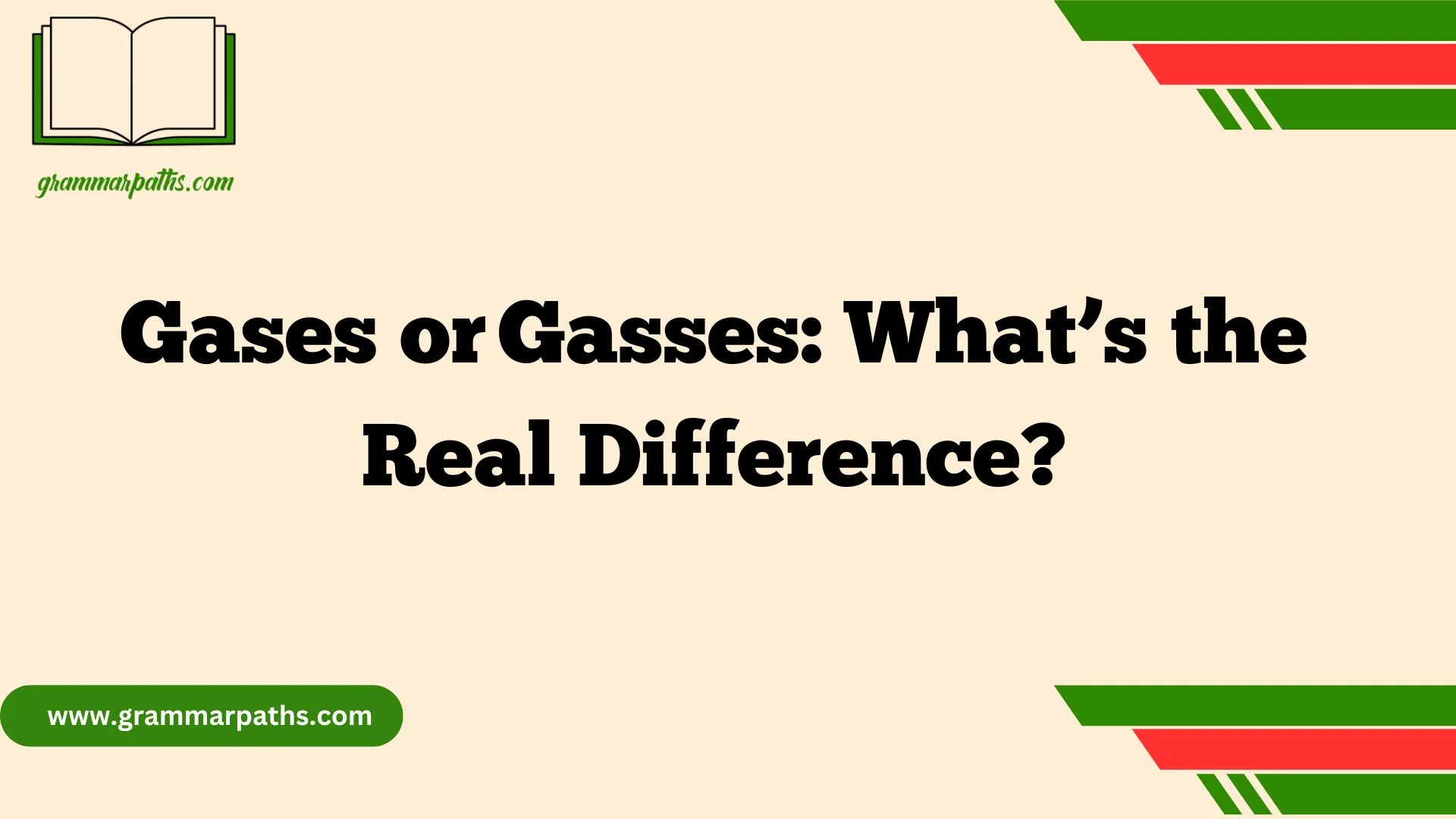
It’s a question that often causes confusion, even among fluent English speakers. Though the two words may sound identical and ...
Read more
“Hit the Ground Running” – Meaning, Usage & Examples
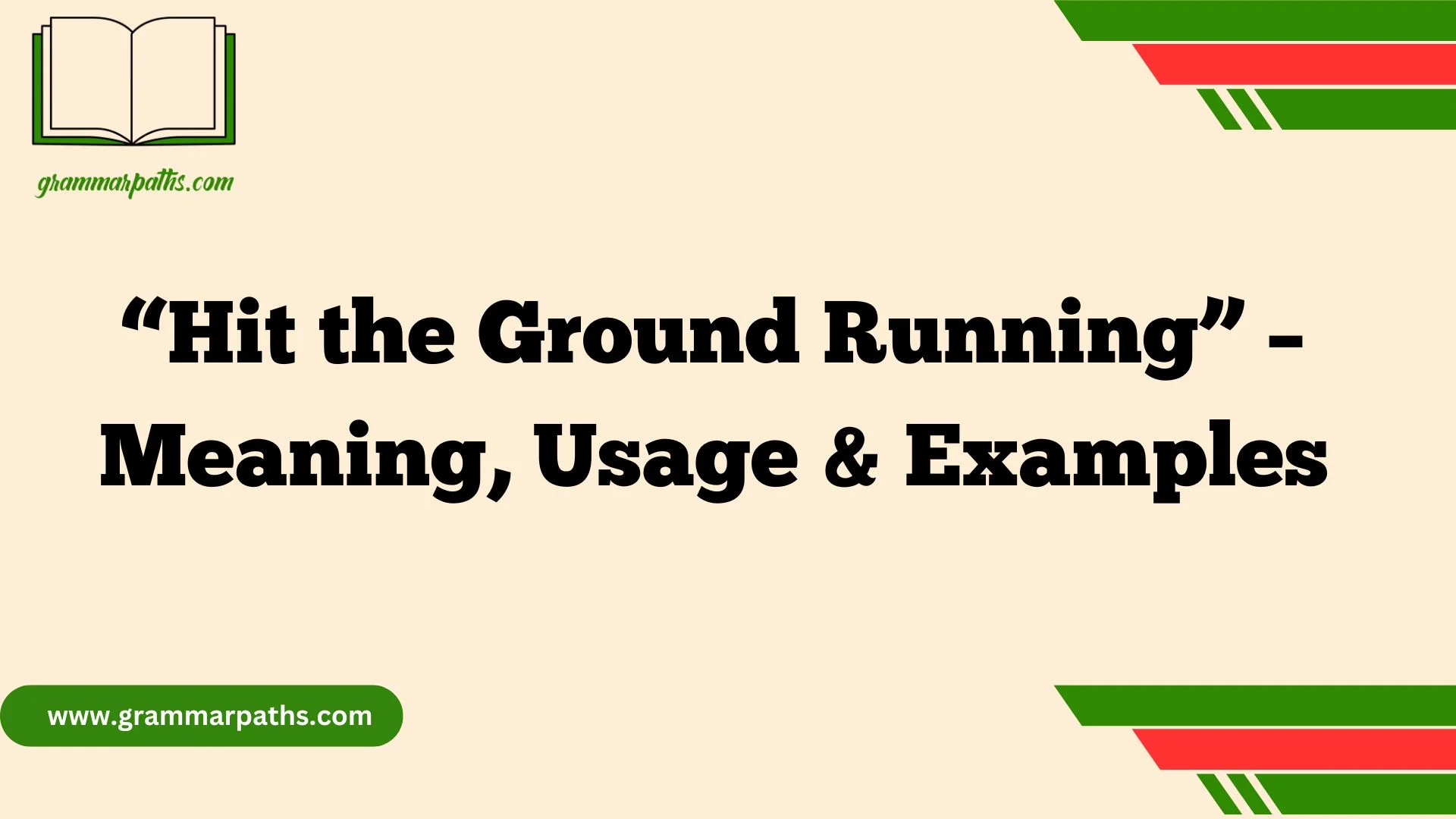
When someone tells you to “hit the ground running,” they’re encouraging you to start something immediately and energetically, often without ...
Read more
Playing with Fire Idiom
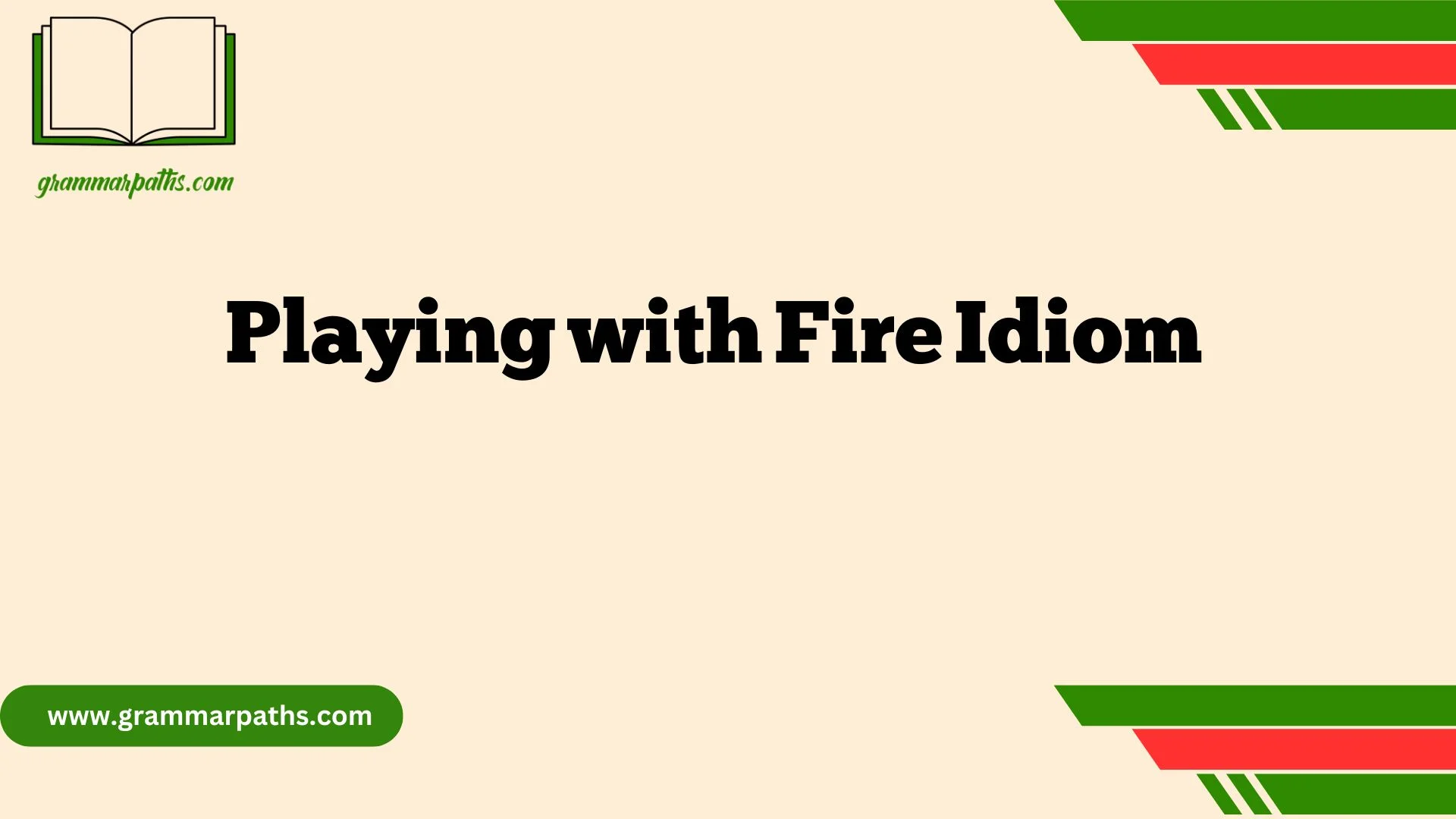
The idiom “playing with fire” is a powerful metaphor used to describe situations where someone takes dangerous risks or engages ...
Read more
Elegy or Eulogy: What’s the Difference?
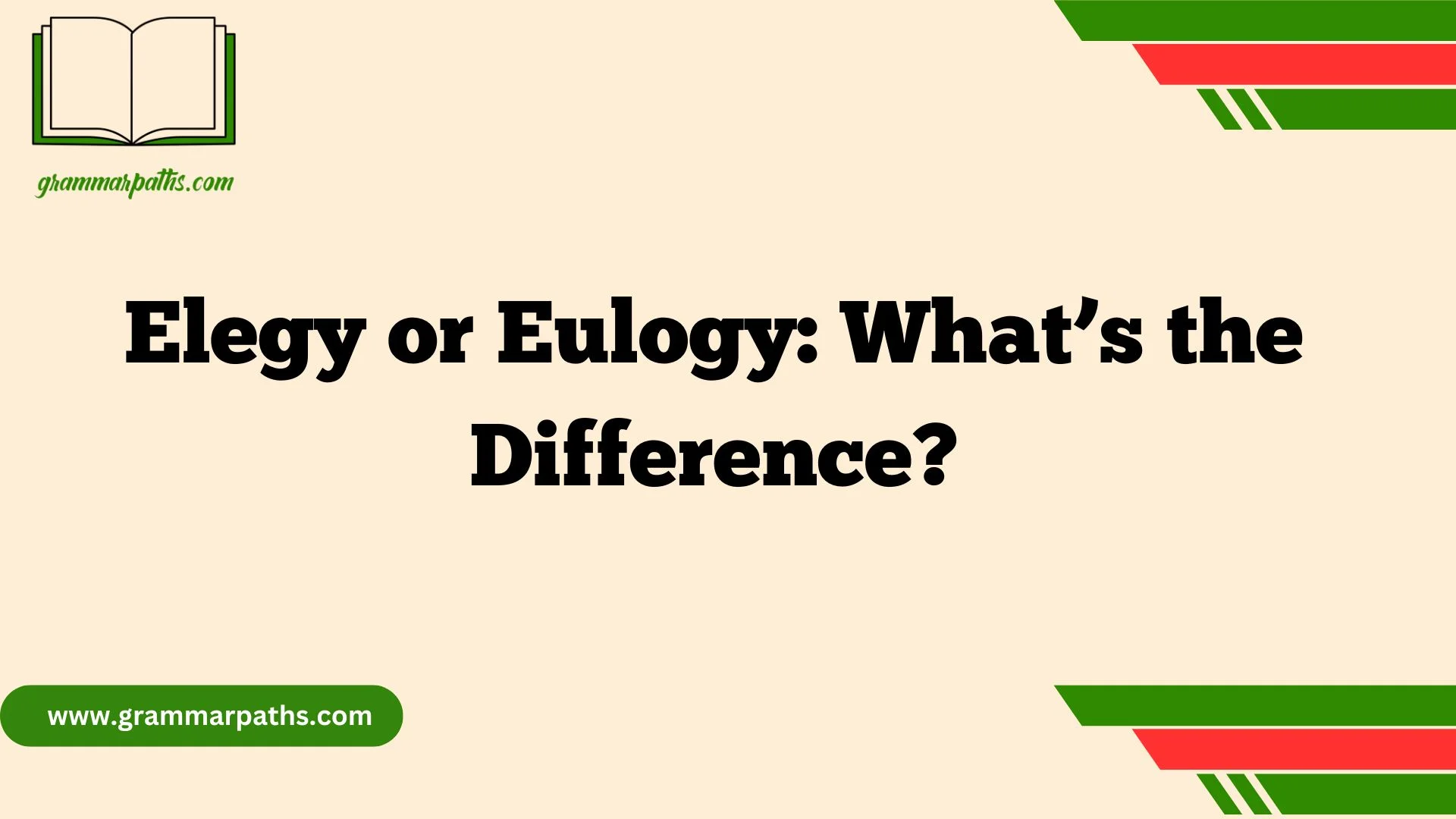
When it comes to expressing grief, honoring the departed, or reflecting on loss, two words often come up: elegy or ...
Read more
Whole Day or All Day – Which Is Correct? (With Examples)

When it comes to expressing time duration, many people often wonder whether to use “whole day” or “all day” in ...
Read more
Prescribe or Proscribe: What’s the Real Difference?

Many English learners struggle with “prescribe” or “proscribe” because they sound similar but mean very different things. To prescribe something ...
Read more
Separate or Seperate – Which One Is Correct (and Why It Matters)
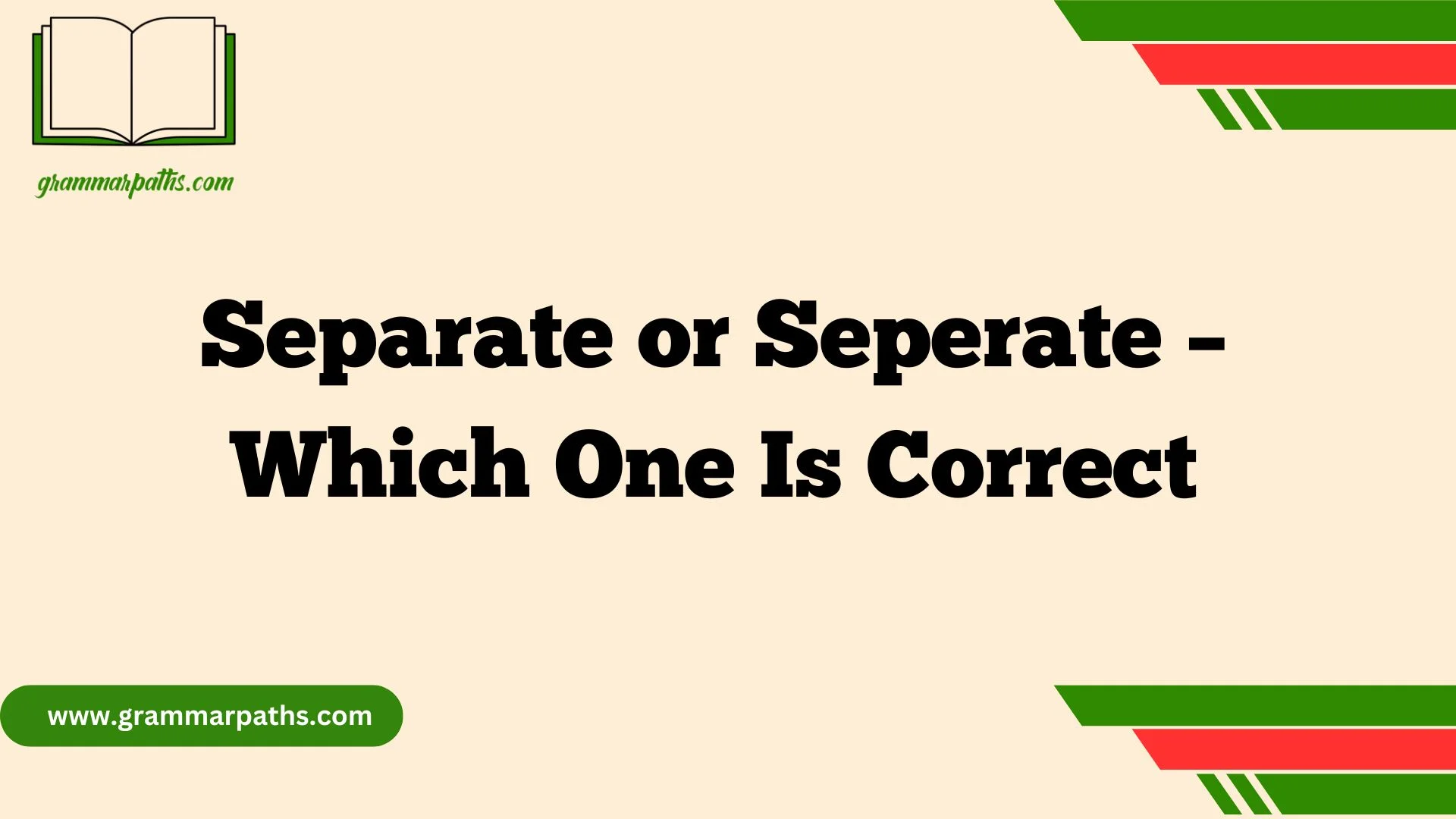
Many people ask, “Separate or Seperate – which is correct?” The right spelling is “separate,” but it’s one of the ...
Read more
Spatter or Splatter: What’s the Real Difference?

When it comes to messy scenarios—be it in crime scenes, cooking, or painting—the terms “spatter” or “splatter” are often used ...
Read more
